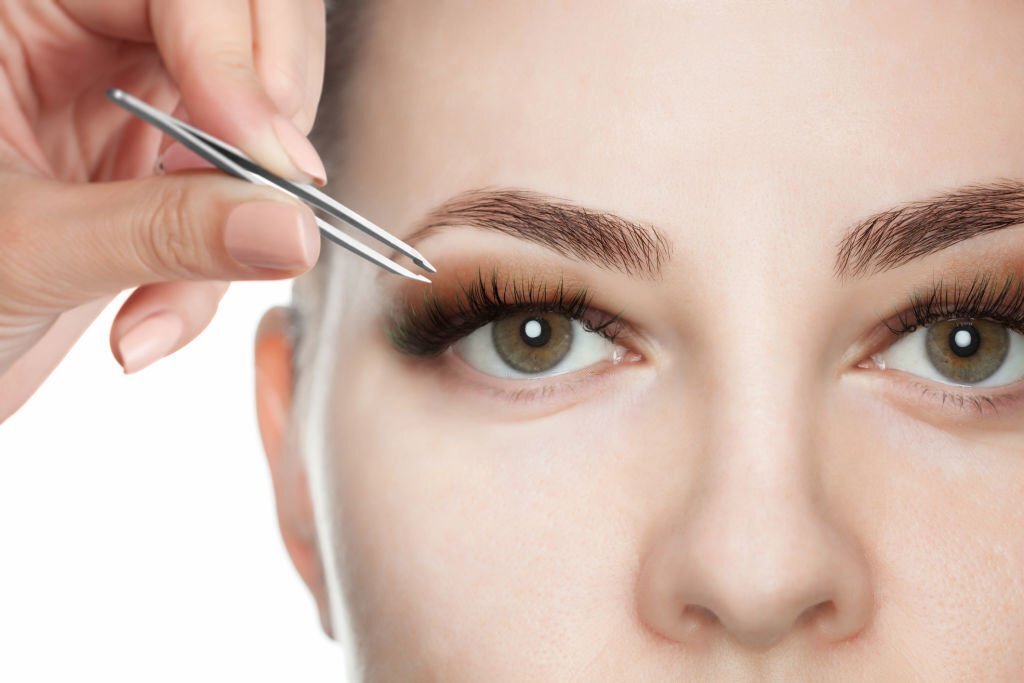Hair loss is a common side effect of many conditions, including weight loss. Many people experience hair thinning or even bald spots after losing significant amounts of weight. Hair growth cycles can be disrupted by hormonal changes, poor nutrition and stress, which are all associated with extreme weight loss.
For some individuals, shedding large amounts of hair can be an unwelcome surprise as they start to look and feel better about themselves. In this guide, we’ll explore the relationship between weight loss and hair loss, discuss potential causes and provide tips for minimizing potential damage from this side effect. We’ll also review treatments that may help restore lost hair due to serious dieting or other lifestyle changes.
Read on to learn more about how weight loss may affect your hair and what you can do to prevent or treat the problem.
Why Can Hair Loss Occur After Weight Loss? (Causes to Know)
- a) Nutritional Deficiencies – Severely restricting calorie intake can lead to nutritional deficiencies that can affect hair growth. Your body needs certain nutrients, such as vitamin A and proteins, for healthy hair.
- b) Hormonal Changes – Weight loss often leads to changes in hormones, including a decrease in the hormone estrogen. This change of hormones can cause the hair follicles to enter an inactive state and result in shedding of the hair shafts.
- c) Stress – Going through significant weight loss can be stressful on both your physical and mental health. Excessive stress has been linked with increased levels of cortisol which is known to cause or contribute to hair loss.
- d) Medications – Some weight-loss medications can cause hair loss as a side effect. In particular, some medications affect androgen receptors which leads to disruption of the normal growth cycle of your hair leading to shedding or alopecia.
- e) Over-Exercising – Intense exercise can lead to physical and mental stress which may result in hair loss. Additionally, intense workout routines can disrupt blood flow and circulation which is essential for hair health.
How To Prevent Your Hair Loss From Weight Loss?
- a) Eat Balanced Meals – Ensure your diet is balanced, including healthy fats, carbohydrates, proteins and vitamins. This will help ensure you don’t develop any nutritional deficiencies that can lead to hair loss.
- b) Take Hair Supplements – Consider taking a supplement specifically designed for hair health such as biotin or other vitamins which are important for hair growth.
- c) Reduce Stress – Make sure to get enough rest and engage in activities that reduce stress such as yoga or meditation. Taking regular breaks from physical activity during weight loss is also beneficial for reducing stress levels.
- d) Avoid Crash Dieting – Avoid crash diets or fasting-style eating plans that severely restrict caloric intake as this can disrupt the natural balance of hormones in the body and lead to hair loss.
Treatments For Hair Loss From Weight Loss
- a) Minoxidil – This is an OTC topical treatment for treating baldness caused by weight loss or other reasons. It works by stimulating hair follicles which can help promote regrowth of scalp hairs when applied regularly.
- b) Platelet Rich Plasma (PRP) – This is a type of injection treatment that uses your own platelet rich plasma from a sample of your blood to stimulate hair follicles and promote regrowth.
- c) Hair Transplants – If the hair loss from weight loss is more severe, a hair transplant may be an option. During this procedure, scalp hairs are moved from one area of the head to another and can help provide a natural-looking solution for balding in areas affected by weight loss.
- d) Supplements – Certain supplements such as biotin or other vitamins have been known to help improve hair growth and thickness when taken regularly over time. Talk to your doctor about possible options if you’re looking for an alternative route to treating hair loss from weight loss.
- e) Use Medications – Medications like Wegovy can be used as this drug helps people lose weight by reducing appetite and increasing metabolism. It can cause certain health problems in some patients, so it’s important to talk to your doctor about any potential Wegovy side effects before starting it.
When To See A Doctor For Hair Loss From Weight Loss?
- a) If You Notice Sudden or Unusual Patterns of Hair Loss – After noticing sudden or irregular patterns of hair loss at the same time as when you started losing weight, it’s important to see your doctor for further evaluation.
- b) If Your Diet Is Extremely Low In Calories – When you follow an extremely low calorie diet and does not include a balanced mix of nutrients, you should speak to your doctor about any potential hair loss that may be associated with it.
- c) If You’re Experiencing Other Symptoms – Additional symptoms such as fatigue or changes in mood could indicate an underlying medical condition that could be causing the hair loss. In these cases, it is important to see a doctor for further evaluation and treatment.
Final Notes
All things considered, it’s important to remember that overall health should be the goal. Losing weight can help with many physical, mental, and emotional benefits. But it is also worth noting that sudden, significant weight loss can trigger hair loss. To avoid this side effect, focus on healthy and sustainable weight loss choices like a balanced diet rich in proteins and minerals alongside moderate exercise.
This not only ensures consistent results over time but also aids in nourishing your body and keeping your hair follicles functioning at optimal levels. It’s also crucial to keep an eye out for other potential signs of nutrient deficiency so that you can identify them early on and take appropriate measures.







